Industry News
-

Is algicide the same as chlorine?
When it comes to swimming pool water treatment, keeping the water pure is crucial. To achieve this goal, we often use two agents: Algicide and Pool Chlorine. Although they play similar roles in water treatment, there are actually many differences between the two. This article will dive into the s...Read more -

How to test CYA in a Pool?
Testing cyanuric acid (CYA) levels in pool water is crucial because CYA acts as a conditioner to free chlorine (FC), influencing the effectiveness() of chlorine in disinfecting the pool and the retention time of chlorine in the pool. Therefore, accurately determining CYA levels is essential for m...Read more -
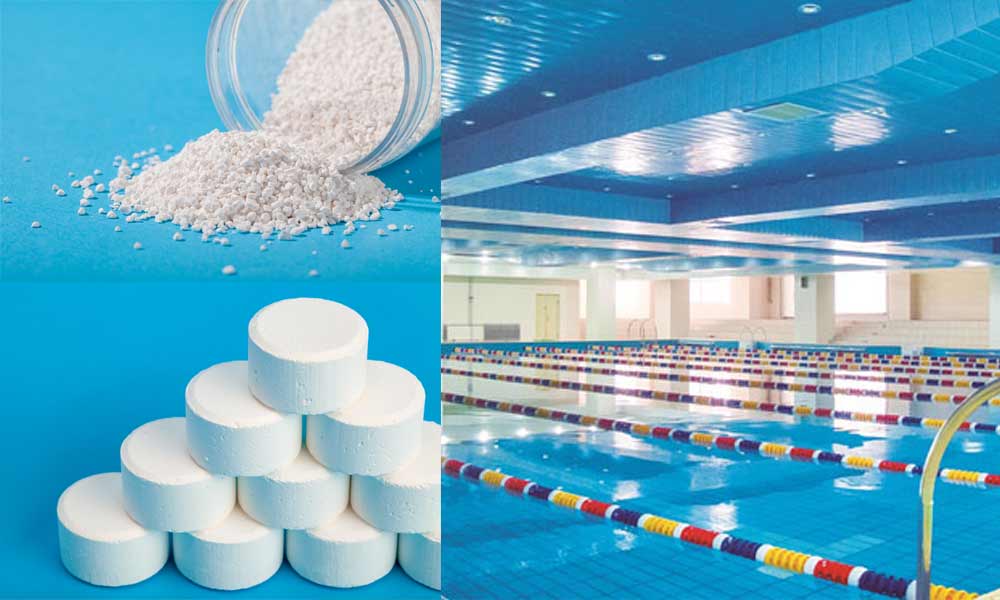
How to store SDIC chemical to ensure its effectiveness?
SDIC is a commonly used chemical for swimming pool disinfection and maintenance. Generally, swimming pool owners will purchase it in stages and store some in batches. However, due to the special properties of this chemical, it is necessary to master the correct storage method and storage environm...Read more -

What causes swimming pool water to turn green?
Green pool water is mainly caused by growing algae. When the disinfection of pool water is not enough, algae will grow. High levels of nutrients such as nitrogen and phosphorus in poll water will promote the growth of algae. In addition, water temperature is also an important factor affecting alg...Read more -
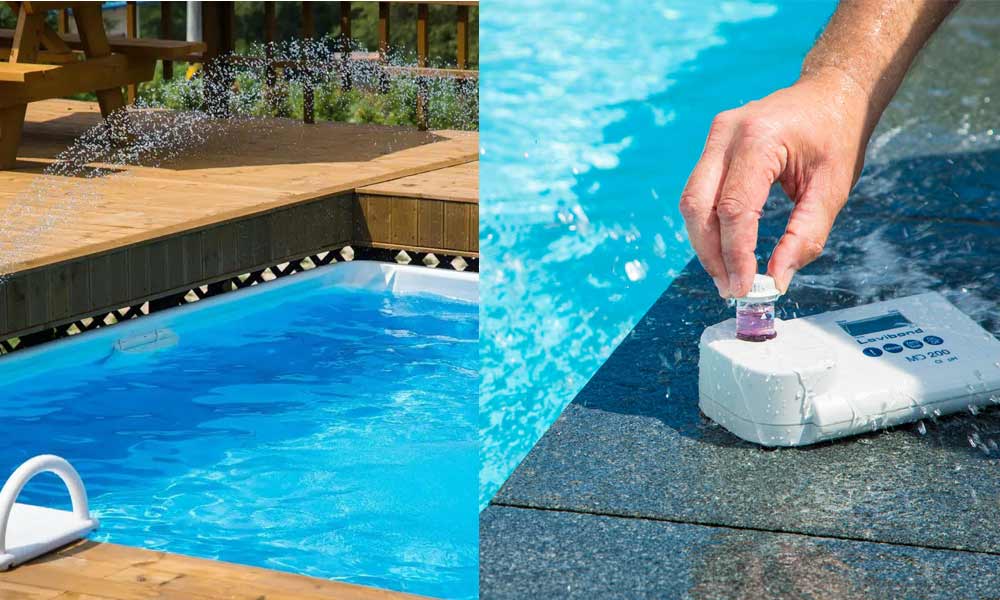
How do you fix high cyanuric acid in pool?
Cyanuric acid, also known as CYA or stabilizer, plays a crucial role in protecting chlorine from the sun’s ultraviolet (UV) rays, enhancing its longevity in pool water. However, too much cyanuric acid can hinder chlorine’s effectiveness, creating an environment ripe for bacteria and a...Read more -

Is Trichloroisocyanuric acid safe?
Trichloroisocyanuric acid, also known as TCCA, is commonly used to disinfect swimming pools and spas. Disinfection of swimming pools and spa water is related to human health, and safety is a key consideration when using chemical disinfectants. TCCA has been proven to be safe in many aspects such ...Read more -
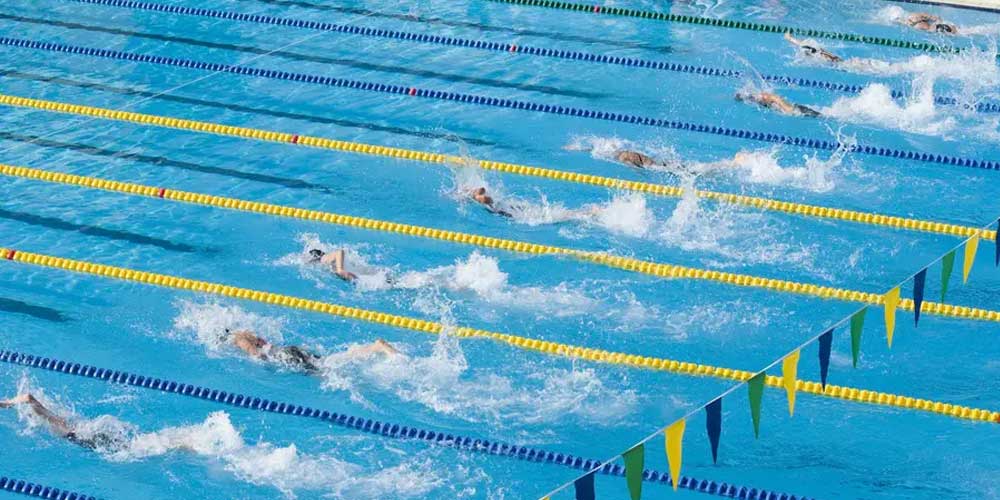
What chemicals are needed for swimming pool maintenance?
Swimming pool maintenance requires a careful balance of chemicals to ensure the water remains clean, clear, and safe for swimmers. Here’s a comprehensive overview of the chemicals commonly used in pool maintenance: 1. Chlorine Disinfectant: Chlorine is perhaps the most essential chemical fo...Read more -
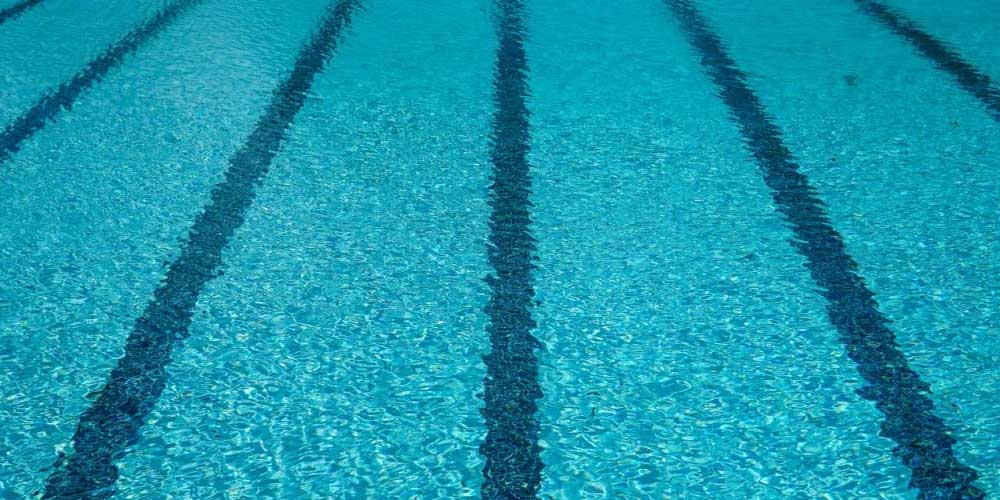
Is Sodium Dichloroisocyanurate same as chlorine dioxide?
Both Sodium Dichloroisocyanurate and chlorine dioxide can be used as disinfectants. After being dissolved in water, they can produce hypochlorous acid for disinfection, but sodium dichloroisocyanurate and chlorine dioxide are not the same. The abbreviation of sodium dichloroisocyanurate is SDIC, ...Read more -
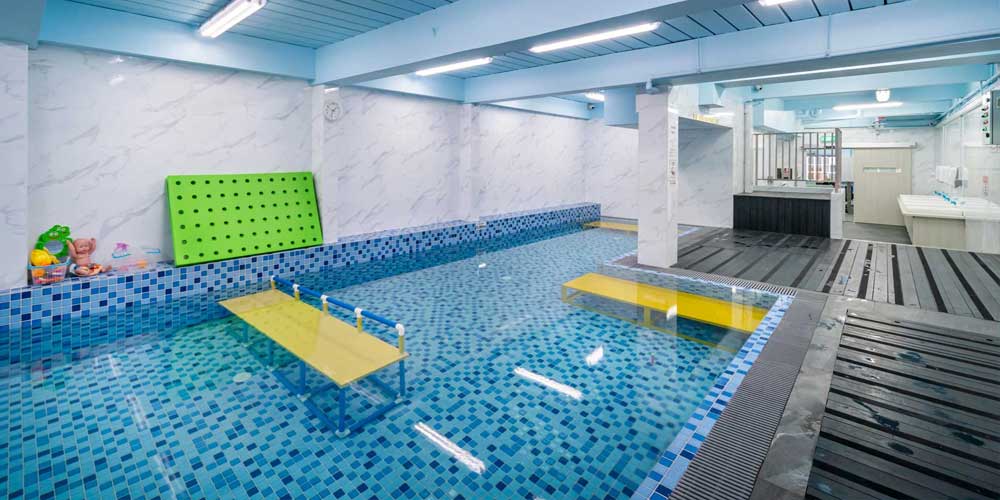
Keep your pool water clean and clear all winter
Maintaining a private pool during the winter requires extra care to ensure it remains in good conditions. There are some tips to help you keep your pool well maintained during the winter: Clean swimming pool First, submit a water sample to the relevant agency to balance the pool water according t...Read more -
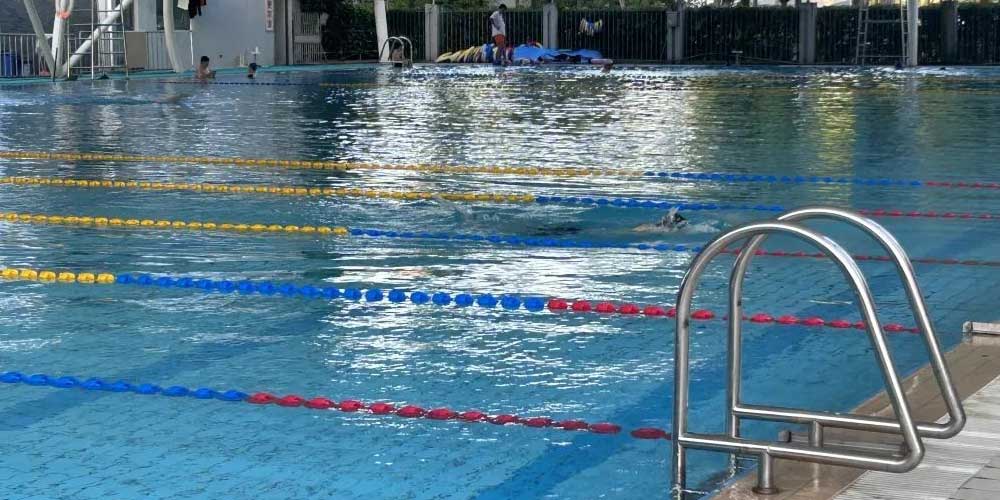
Are Shock and Chlorine the same?
Both sodium dichloroisocyanurate and chlorine dioxide can be used as Disinfectants. After being dissolved in water, they can produce hypochlorous acid for disinfection, but sodium dichloroisocyanurate and chlorine dioxide are not the same. Sodium Dichloroisocyanurat The abbreviation of sodium dic...Read more -
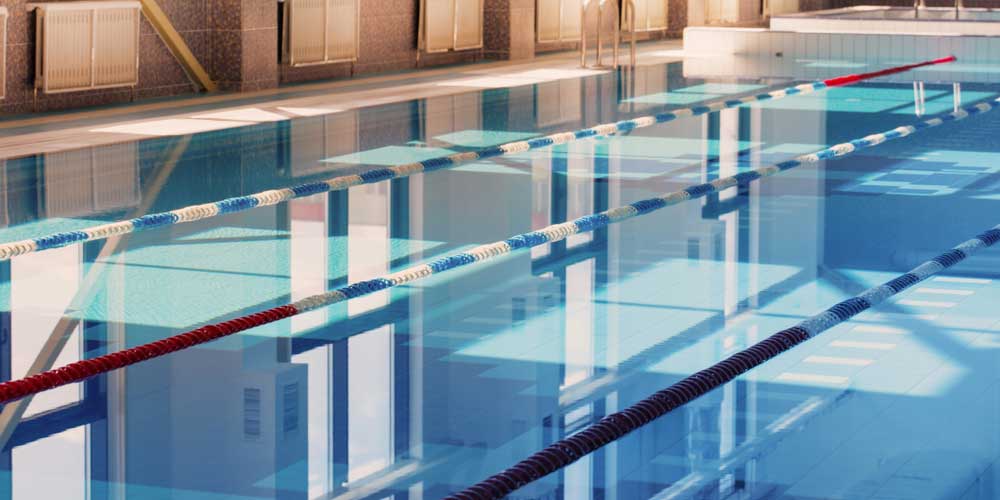
Why is it recommended to use SDIC for swimming pool disinfection?
As people’s love for swimming increases, the water quality of swimming pools during the peak season is prone to bacterial growth and other problems, threatening swimmers’ health.Pool managers need to choose the right disinfectant products to treat water thoroughly and safely.At presen...Read more -
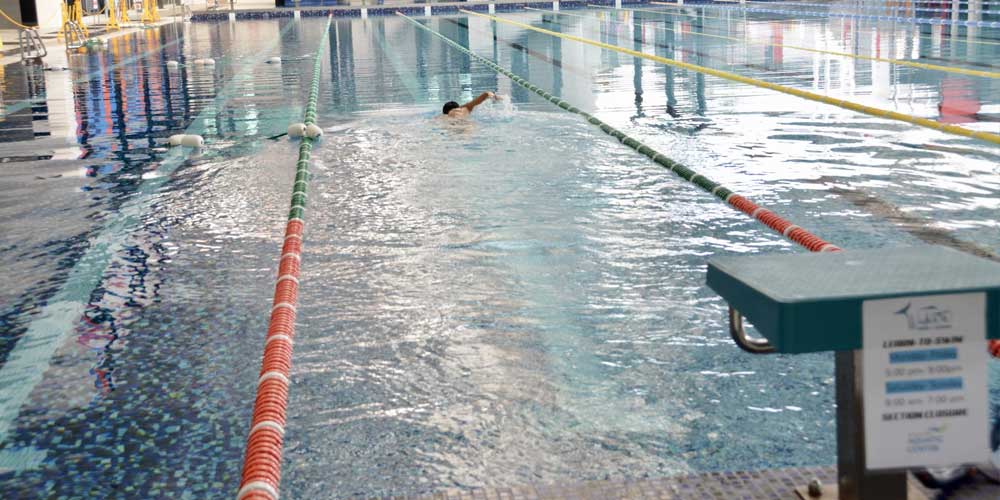
What is the reaction of Trichloroisocyanuric Acid with water?
Trichloroisocyanuric Acid (TCCA) is a highly effective disinfectant with good stability that would keep available chlorine content for years. It’s easy to use and does not need much manual intervention because of the application of floaters or feeders. Due to its high disinfection efficienc...Read more
